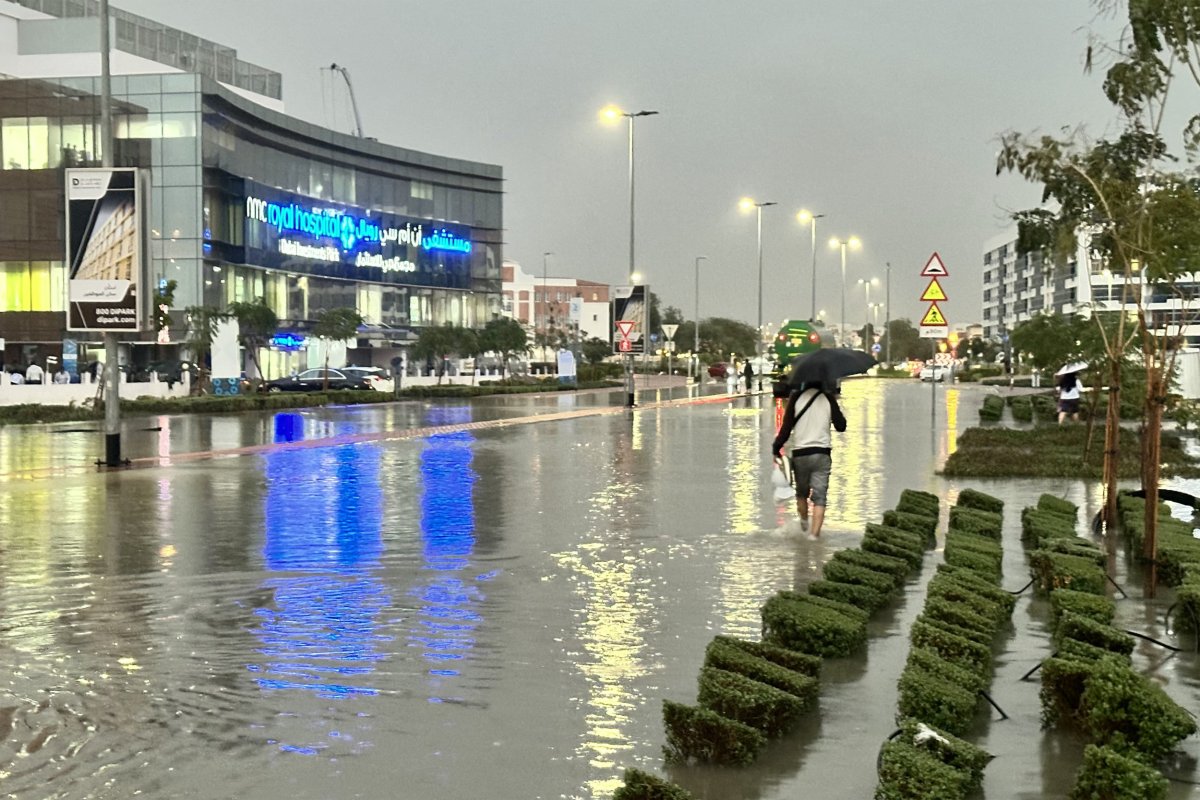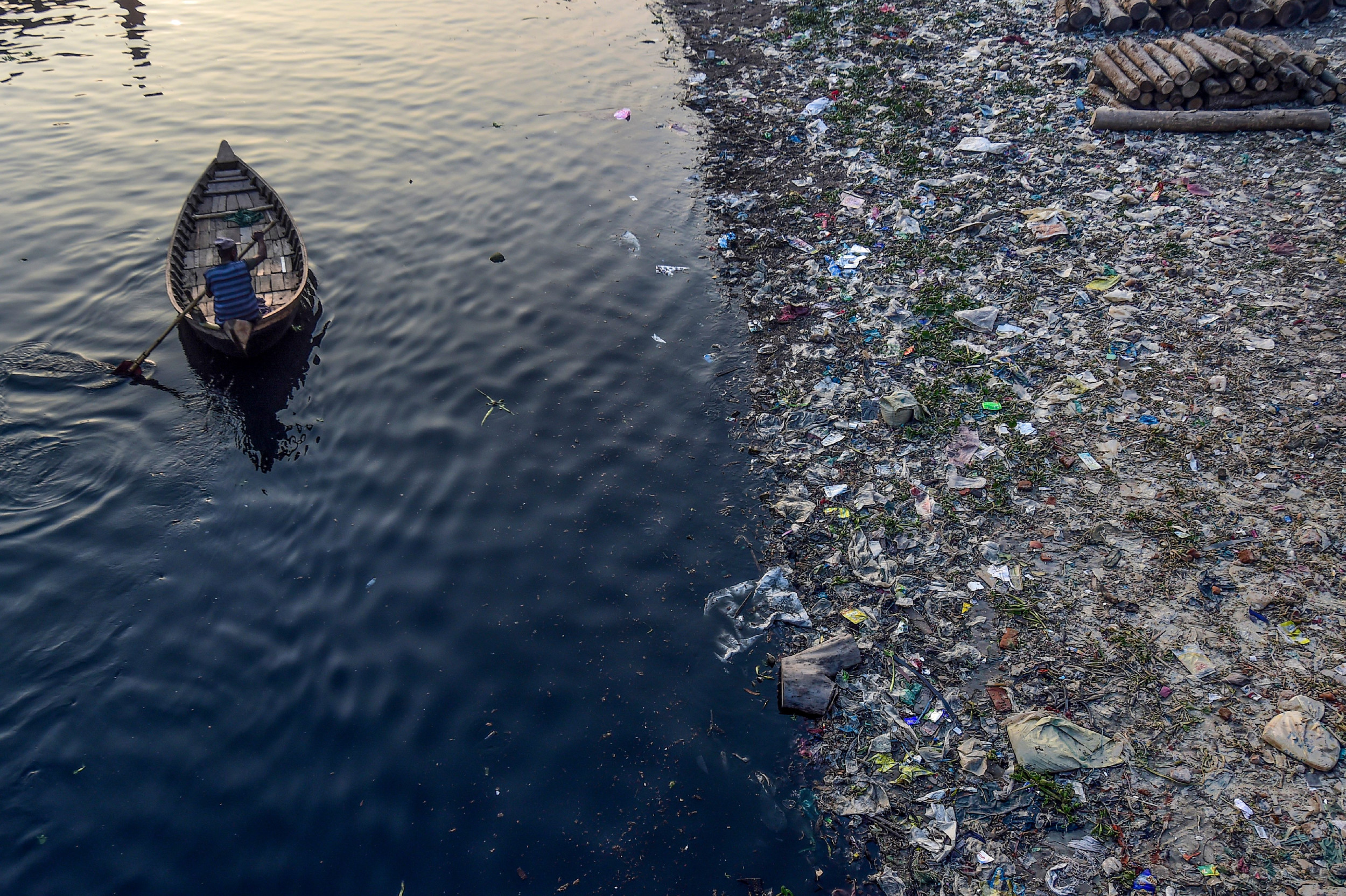A meteorologist has warned of potential "weather wars" between countries if cloud seeding gets out of hand.
The comments follow torrential rain in Dubai, the UAE, which caused extreme flooding. The downpour, which began on Monday, brought widespread disruption, closing schools, flooding homes and delaying travel.
More than 142 millimeters of rain fell on the city in just 24 hours, equivalent to at least a year's worth of rain for the region.
In recent days, there have been theories that the torrential rain was caused by cloud seeding, when planes inject clouds with chemicals, sparking precipitation. The practice was introduced in the 1940s and is now only used in areas with little rainfall, such as the UAE.
But the experts can't agree whether cloud seeding was responsible in this case, and it has caused some debate in the weather community.

Johan Jaques, a senior meteorologist at environmental technology company KISTERS, believes there could be "unintended consequences" when technology is used to alter the weather. He even thinks there could be diplomatic consequences and subsequent "weather wars."
"Cloud seeding aims to enhance and accelerate the precipitation process. Especially in areas which have not seen any rain over a long time, such intense precipitation can lead to infiltration excess flow, with potential flash floods as a result," Jaques said in a statement.
"The Dubai floods act as a stark warning of the unintended consequences we can unleash when we use such technology to alter the weather.
"Additionally, we have little control over the aftermath of cloud seeding. Where exactly is it going to be raining effectively? Using techniques such as cloud seeding to bring much-needed rainfall in one area can cause flash floods and droughts in another."
There is no evidence to suggest that these rains were caused by cloud seeding. In fact experts have come forward and stated that it is unlikely. But Jaques continues to warn about interfering with natural weather patterns.
"Anytime we interfere with natural precipitation patterns, we set off a chain of events that we have little control over," he added.
"While there is a lot we know, there is still a lot we don't and there are still plenty of gaps in our understanding of these complex weather systems.
"Interference with the weather also raises all kinds of ethical questions, as changing the weather in one country could lead to perhaps unintended yet catastrophic impacts in another, after all, the weather does not recognise intentional borders.
"If we're not careful, unrestrained use of this technology could end up causing diplomatic instabilities with neighbouring countries engaging in tit-for-tat 'weather wars'."
It is likely that extreme weather, such as the downpour in Dubai, is worsened by climate change. Global warming is making weather patterns unpredictable, meaning typically dry places like Dubai, are seeing more rain and storms than usual.
Do you have a tip on a science story that Newsweek should be covering? Do you have a question about weather? Let us know via science@newsweek.com.
Uncommon Knowledge
Newsweek is committed to challenging conventional wisdom and finding connections in the search for common ground.
Newsweek is committed to challenging conventional wisdom and finding connections in the search for common ground.
About the writer
Robyn White is a Newsweek Nature Reporter based in London, UK. Her focus is reporting on wildlife, science and the ... Read more
To read how Newsweek uses AI as a newsroom tool, Click here.








